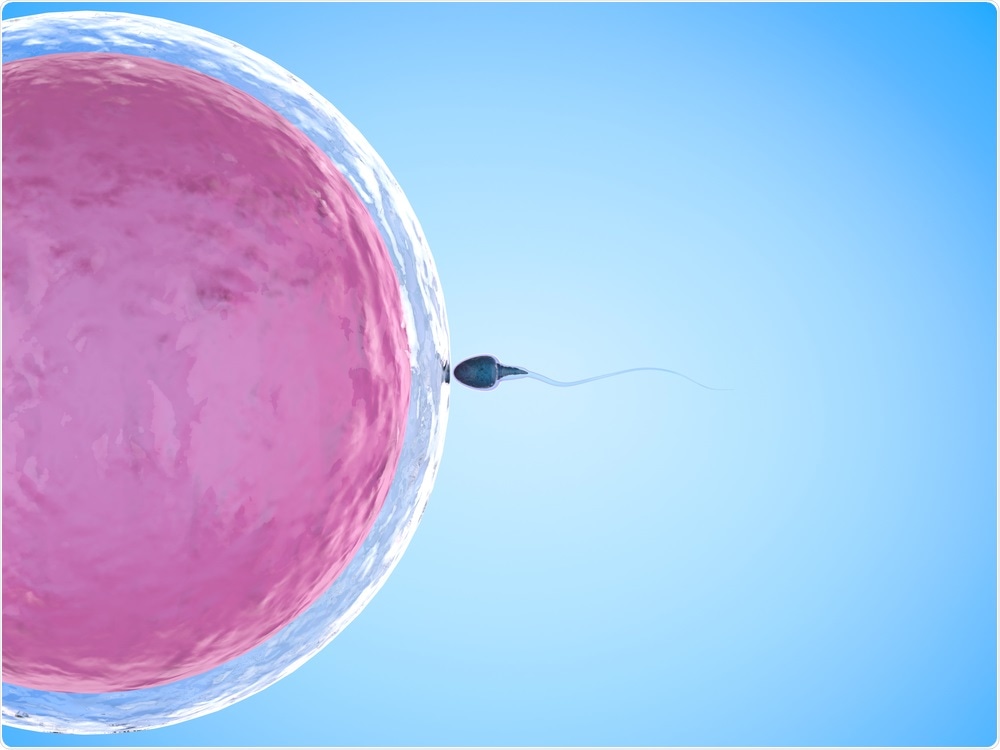
Children born via IVF more likely to develop cancer later in life
Scientists investigating childhood cancer rates in children conceived naturally and those conceived via in vitro fertilization have discovered a notable link between cancer development and IVF.
 Phonlamai Photo | Shutterstock
Phonlamai Photo | ShutterstockComprising 275,686 children conceived via IVF and a cohort of 2,266,847 children conceived naturally, researchers at the University of Minnesota monitored the children for ten years.
Dr. Logan Spector, who has authored previous studies investigating the health risks associated with children born via assisted reproductive technology, led the study.
The statistics showed that incidence rates of hepatic tumors were “significantly higher” in children conceived via IVF, with the rates standing at 18.1 for IVF conception against 5.7 for natural conception. Hepatic tumors cover a number of both malignant and benign subtypes of masses in the liver.
Infertility in women comprises ’70 percent’ of cases
IVF is a huge undertaking for couples struggling to conceive a child. Undergoing IVF treatment is not only financially taxing, but it can also be an emotionally challenging time for both prospective parents.
Increasing age impacts both male and female fertility, with lifestyle factors including excess weight, smoking, and high alcohol consumption affecting male fertility as well, contrary to popular belief.
Generally, infertility is defined as the inability to conceive in 12 months of regular, unprotected sex according to an article published in the Royal Australian College of General Practitioners’ journal Australian Family Physician.
It goes on to state that a male factor is responsible for infertility in couples in approximately 50 percent of cases, with sole responsibility in 30 percent of cases and a co-contributing female factor in 20 percent of cases.
IVF is an important step for many couples
IVF increases the number of eggs for fertilization and consists of several steps. The first step is ovarian stimulation, in which injections of the follicle-stimulating hormone that encourages egg growth are administered.
The second stage includes oocyte pickup, in which the eggs are collected through a narrow needle. After eggs have been successfully collected, in vitro fertilization is carried out.
Alternatively, a procedure called intracytoplasmic sperm injection is carried out, where the embryologist directly injects sperm into the cytoplasm of every egg collected.
An embryo culture follows, where embryologists are able to tell the patients how many eggs have been successfully fertilized, which will then be kept at body temperature until an appropriate embryo can be transferred back to the womb.
There were over 1,100,000 IVF treatment cycles carried out in the UK between 1991 and 2016 according to the independent regulator of fertility and research Human Fertilisation & Embryology Authority, and over 6.5 million babies have been born via IVF worldwide.
Contradicting this University of Minnesota study, one UK-based study that comprised 106,013 children born via IVF, which was the largest cohort in a study on this subject, found no association between increased cancer risk and IVF conception.
The results were only ‘marginally significant’
Although the results of the study first appear alarming, researchers involved in the University of Minnesota study said:
Additionally, they were unable to produce an association of “specific modes of IVF treatment or indication for IVF with overall cancer or embryonal tumors.”
An increased cancer risk is ‘plausible’
Profesor Alastair Sutcliffe, Professor of General Pediatrics, University College or London spoke on whether the source of the increased cancer risk is the genetic nature of infertility in the couple, or the IVF process itself.
“The boom of fertility by IVF is a great thing for some couples and use year on year is rising – with 1.7 percent of births in the USA, 2.2 percent in the UK, 5 percent in France.
“Consistent with work performed in the UK involving, this excellent study […] likewise suggested that certain tumors were of higher risk after IVF conception, namely the exceptionally rare hepatoblastoma.
“It is indeed plausible that this slight increase in hepatoblastoma is an effect of IVF process rather than the genetic nature of subfertility.”
Some experts have rejected the claims
Dr. Jane Stewart, Chair of the British Fertility Society rejected the idea that the study suggests the IVF process causes higher cancer rates and highlighted limitations in the study that may skew perceptions of the results themselves.
Despite this, the study claims that “continued follow-up for cancer occurrence among children conceived via IVF is warranted” even though the association of IVF conception and childhood cancer is “small and limited to rare tumors”.



































No hay comentarios:
Publicar un comentario